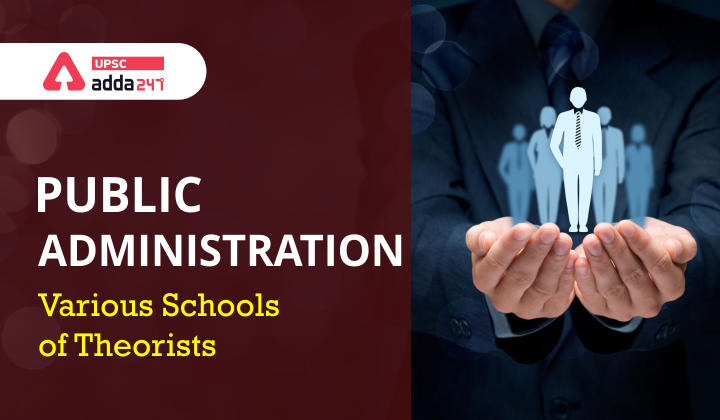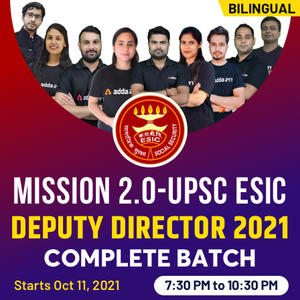Table of Contents
Public administration- Relevance ESIC Deputy Director Exam
- PART-B of Recruitment Test (RT): Public Administration and Development Issues.
Public Administration- Definition
- Public Administration is nothing but ‘government in action. Public Administration is the implementation arm of the executive.
- Public Administration is responsible for the implementation of government policies.
- Public administration is a feature of all nations, whatever their system of government.
- Within nations, public administration is practiced at the central, intermediate, and local levels.
- The relationships between different levels of government within a single nation constitute a growing problem of public administration.
Fill this form to get free Study Material of UPSC ESIC Deputy Director
Perspectives in Public Administration
- Various schools of theorists have defined the scope of the Public Administration as a discipline different from one another.
- They construed the scope of the discipline as per their definition and understanding of the PA and its functional areas.
- In this context, today we will discuss the narrow view perspective in the public administration.
Public administration- Narrow View Theorists
- Luther Gullick is the main exponent of this perspective. He believes that Public Administration is limited to the executive branch of the state only.
- Herbert Simon, Willoughby, Fayol, Ordway Tead, etc. are the other key proponents of the narrow view perspective of Public Administration.
- It is also regarded as POSTCoRB view. It believes that the Public Administration is concerned only with those aspects of administration that are related to the executive branch and its seven types of administrative functions.
- These seven (POSTCoRB) are-
-
- Planning- working out the broad outline of the things that need to be done.
- Organization– establishment of the formal structure of authority through which the work is distributed, arranged and coordinated for the defined objective.
- Staffing– related to recruitment and training of the staff and maintenance of favorable conditions of work for the staff.
- Directing- It is the continuous task of making decisions and directing them in the form of specific and general orders and instructions, and thus guiding the enterprise.
- Co-ordination- interrelating the various parts of an organization like branches, divisions, etc. it is aimed at elimination of overlapping within the organization.
- Reporting- It is about informing the authority to whom the executive is responsible as to what is going on.
- Budgeting– It is about accounting, fiscal planning, and control. It is basically the allocation of organizational resources among its various branches, divisions, and sub-divisions.
- Key features:
- It presents a limited and narrow view of public administration.
- Focuses more on the tools of Public Administration rather than the substance of administration.
- It is a technique-oriented perspective, rather than being a subject-oriented perspective.




 TSPSC Group 1 Question Paper 2024, Downl...
TSPSC Group 1 Question Paper 2024, Downl...
 TSPSC Group 1 Answer key 2024 Out, Downl...
TSPSC Group 1 Answer key 2024 Out, Downl...
 UPSC Prelims 2024 Question Paper, Downlo...
UPSC Prelims 2024 Question Paper, Downlo...




